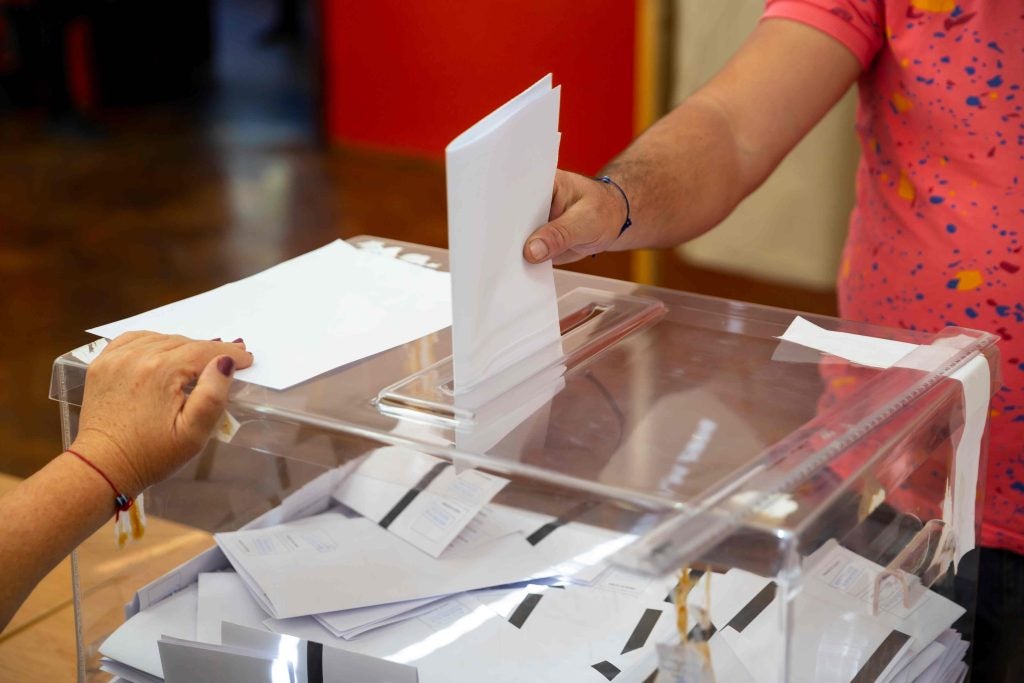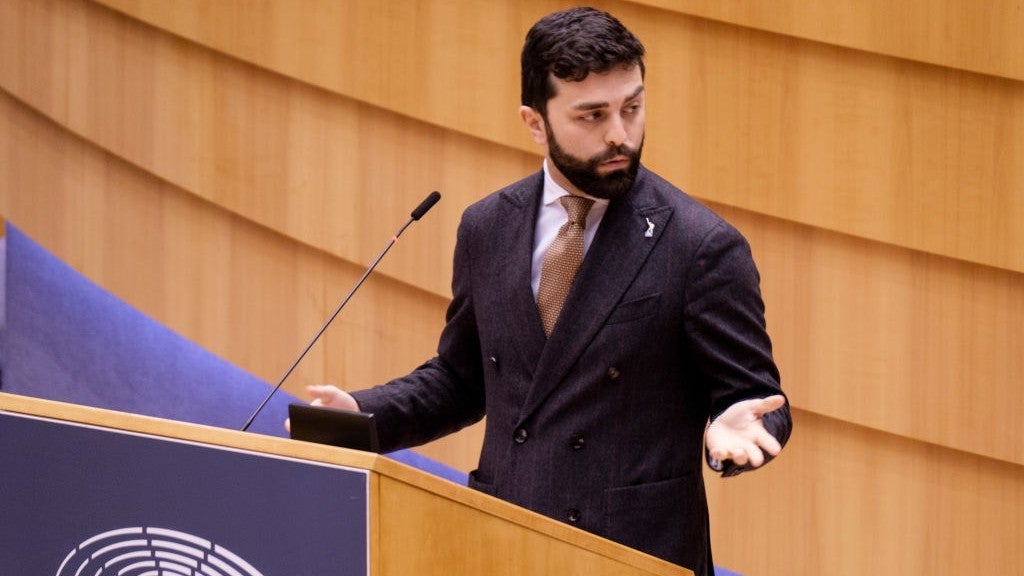Initially, nine European states – Bulgaria, Czech Republic, Denmark, Hungary, Latvia, Lithuania, Poland, Romania UK, and Sweden – opted not to sign up to the new European treaty but changed their stance at the later stage of the summit, leaving the UK being the lone dissenter.
Defending his decision, British Prime Minister David Cameron said, "What is on offer isn’t in Britain’s interests, so I didn’t agree to it."
Cameron added it was vital to protect Britain’s financial services from the power of the new fiscal bloc.
German Chancellor Angela Merkel praised the agreement after being an early proponent of it.
The new accord includes a number of features:
How well do you really know your competitors?
Access the most comprehensive Company Profiles on the market, powered by GlobalData. Save hours of research. Gain competitive edge.

Thank you!
Your download email will arrive shortly
Not ready to buy yet? Download a free sample
We are confident about the unique quality of our Company Profiles. However, we want you to make the most beneficial decision for your business, so we offer a free sample that you can download by submitting the below form
By GlobalDataA rule stating annual structural deficits should not exceed 0.5% of nominal gross domestic product, according to MarketWatch. This rule will first be introduced into the nations’ constitutions and then the European Court of Justice will need to verify compliance.
- Automatic sanctions for countries that see their deficit surpass 3% of GDP unless a qualified majority of euro-area members expresses opposition.
- Deployment of the eurozone’s bailout fund, the European Financial Stability Facility until the European Stability Mechanism, which is the EFSF’s replacement bailout fund scheduled to go into effect in July 2012.
- Euro-zone and other EU members will try to have an extra EUR200 billion available to the International Monetary Fund in bilateral loans to ensure that they have adequate funds for the crisis.
- Market watchers called the deal yet another series of half-measures that doesn’t address the fundamental issues concerning increasingly shaky banks, or go far enough to shore up the euro-zone’s battered debt markets.
The Wall Street Journal quoted John Lonski, chief economist for Moody’s Analytics’ Capital Markets Research Group as saying, "There’s been progress, but this is not enough to constitute a satisfactory resolution" of the debt crisis."
WealthInsight is of the opinion that the agreement does little to generate money in the short term to arrest the run on sovereigns, nor does it provide a longer-term perspective of jointly-issued bonds.







